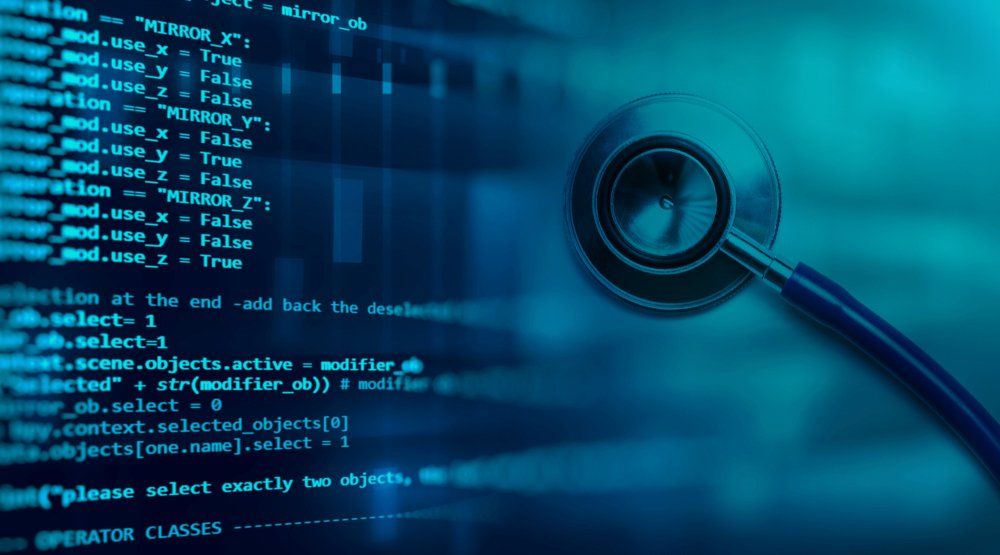Software Compliance Health Check

Organizations not periodically reviewing their software licensing and utilization run the risk of falling out of compliance with vendor agreements or overpaying for support, both potentially costly problems. Software vendors have the right to conduct periodic audits with customers and frequently do.
Companies which fall out of compliance may face harsh penalties such as:
- Back support and subscription payments
- Reinstatement fees
- Elimination of discounts
Making sure your license inventory and utilization are fully compliant and accurate is very important. Conducting a software compliance “Health Check” is the best way to minimize risk. For more than two decades, Optisave’s software compliance and utilization assessments have resulted in typical savings between $200K and $1M for hundreds of customers.
CASE STUDIES:
- A top tier Southwest healthcare provider was overpaying for Microsoft licenses by not optimizing license types to business workflows, creating nearly a $1 million annual overpayment of license fees.
- A large global automotive parts manufacturer preparing to renew a Microsoft agreement reduced annual costs by over $600K per year after optimizing their license model.
- A large regional utility adding applications that required Oracle Database software restructured their virtual environment, resulting in a $500K per year reduction in license requirements.
- For a Nevada health care provider, reorganizing how Oracle software was deployed in server farms, reduced license requirements and lowered costs by over $200K per year. This type of server optimization is often overlooked.
Contact Optisave today to set up a software compliance “Health Check” for your organization. Start realizing significant savings now.
Evan Katzman
Managing Director at Optisave, LLC
Additional Blog Posts


